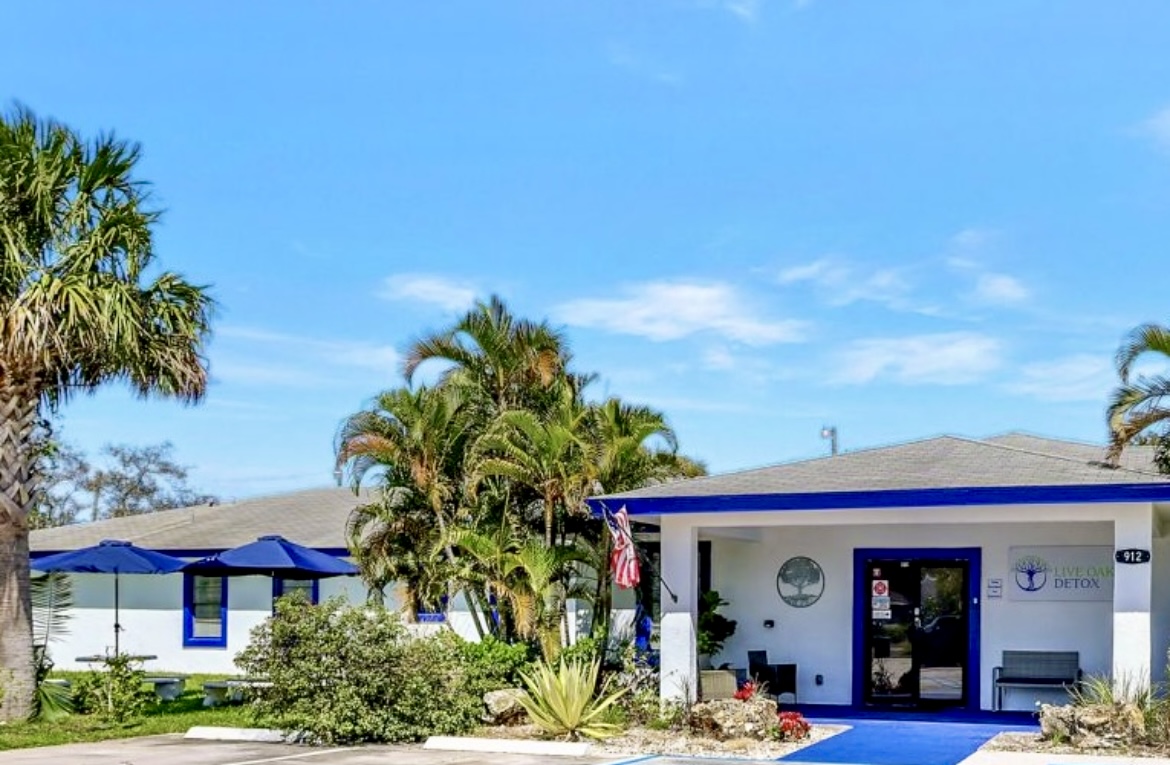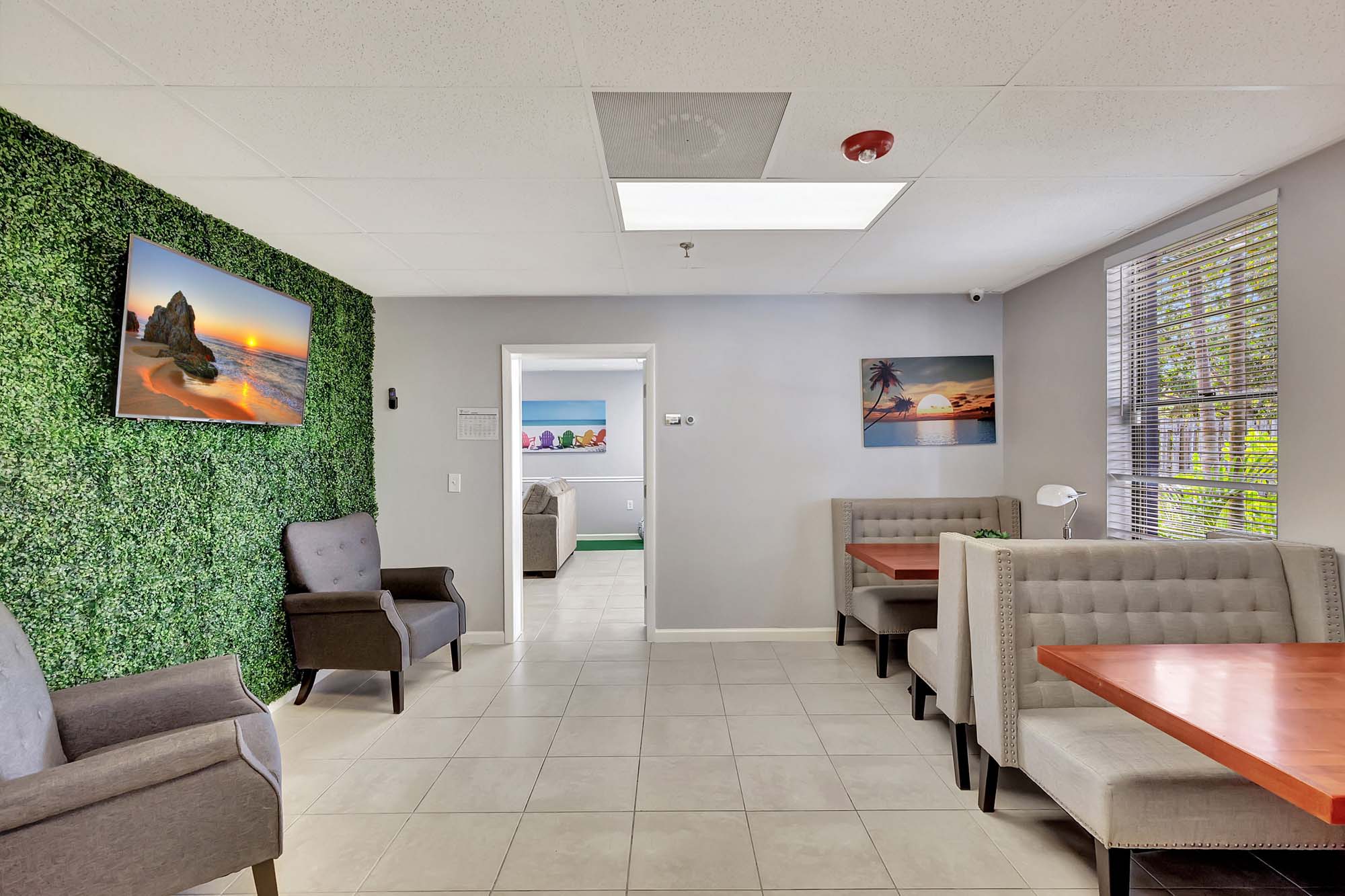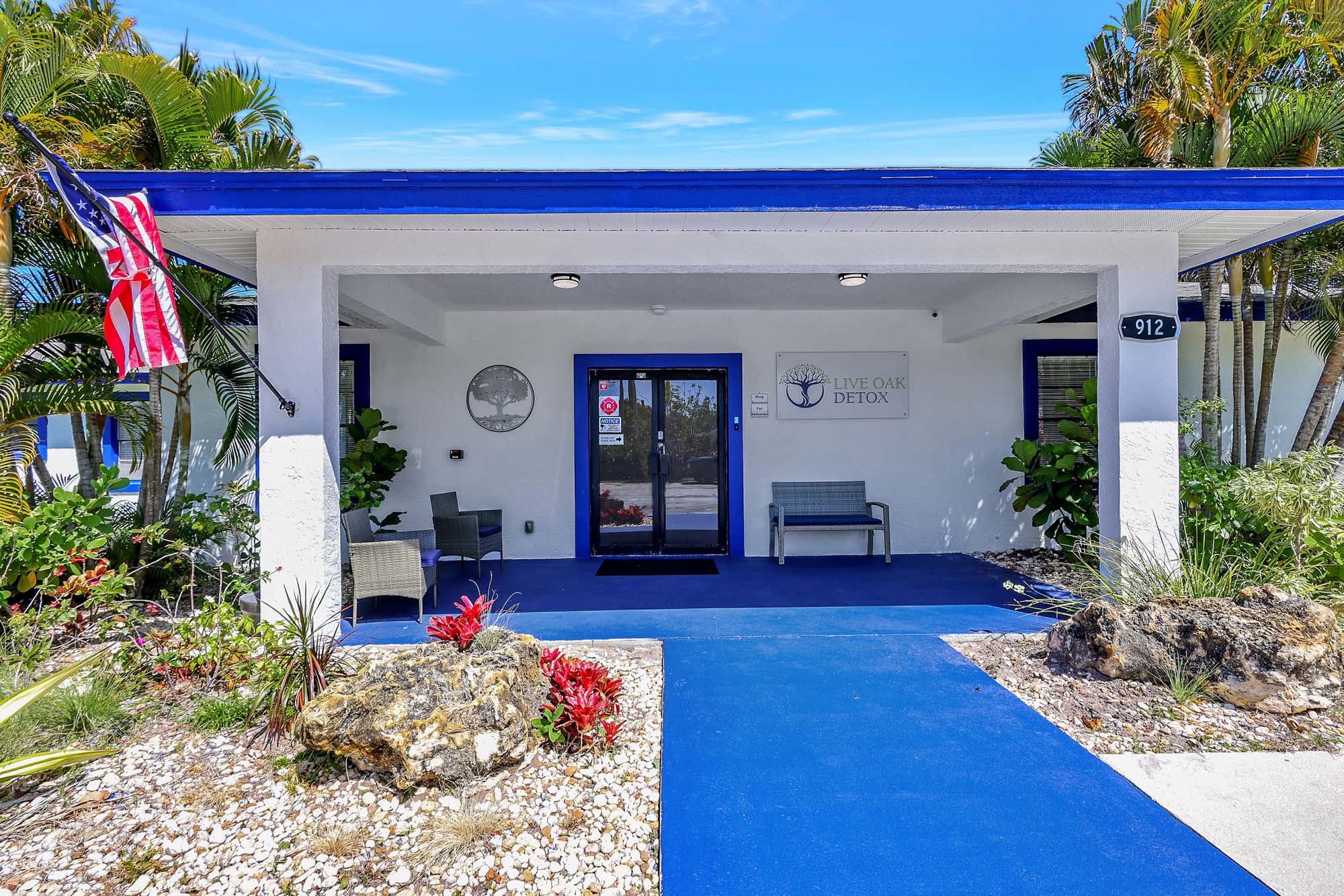Cognitive-Behavioral Therapy
Comprehensive Evidence-Based Cognitive-Behavioral Therapy for Lasting Recovery
Therapy as a Key Component of Addiction Recovery
A variety of treatments can help support recovery from addiction. In most cases, treatment plans include therapy. Therapy can help you address some of the underlying factors contributing to addiction. It can also help you develop the skills required for long-term substance abstinence. One common modality for working on achieving long-term sobriety is cognitive-behavioral therapy (CBT).
Cognitive Behavioral Therapy (CBT)
Cognitive Behavioral Therapy (CBT) is a structured, goal-oriented form of psychotherapy that helps individuals identify and change negative thought patterns and behaviors contributing to emotional distress or mental health issues. It emphasizes the connection between thoughts, feelings, and behaviors while promoting healthier coping mechanisms. CBT involves a collaborative relationship between the therapist and the individual seeking treatment.
Key focus areas of CBT in addiction recovery include:
CBT is one of the most widely used behavioral therapies for addiction recovery. However, other effective options include:
Dialectical Behavior Therapy (DBT)
Acceptance and Commitment Therapy (ACT)
Each of these approaches plays a valuable role in addiction treatment, helping individuals achieve and maintain long-term sobriety.
Cognitive-Behavioral Therapy Components
In a cognitive-behavioral therapy (CBT) program, individuals work collaboratively with a therapist to identify and develop strategies to manage their thoughts, emotions, and behaviors.
Here are some common elements and goals of CBT:
Assessment
Psychoeducation
Setting Goals
Identifying Negative Thoughts
Challenging Negative Thoughts
CBT is typically structured, time-limited, and goal-oriented. The specific techniques and strategies used may vary depending on the individual and their presenting concerns. Overall, CBT aims to improve emotional well-being and equip individuals with effective strategies to manage life’s challenges.
Benefits of CBT in Addiction Treatment
Cognitive Behavioral Therapy (CBT) has several benefits in the context of addiction treatment.
Here are some key advantages:
CBT also assists when developing relapse prevention tools. CBT emphasizes relapse prevention by teaching individuals skills to identify warning signs and high-risk situations. By recognizing these triggers early on, individuals can employ strategies learned in therapy to prevent relapse and maintain sobriety.
CBT has demonstrated effectiveness and is often a valuable component of comprehensive addiction treatment programs.
Live Oak is Here to Help
Live Oak Detox specializes in cognitive-behavioral therapy. When needed, we include this modality of treatment in your recovery plan. Along with your other treatment options, it can significantly improve your odds for both short- and long-term success.
We customize all of our treatment plans at Live Oak Detox. We also offer several treatment settings. For more information on how we can help, call us today at (877) 716-4464. We’re also available through our online message form.
Alcohol Detox and Rehab Program
Drug Detox & Rehab Program
Admissions
Frequently Asked Questions
What is Cognitive Behavioral Therapy (CBT)?
Cognitive Behavioral Therapy (CBT) is an evidence-based therapeutic approach that helps people recognize and change unhelpful thoughts and behaviors, build healthier coping skills, and support emotional balance during recovery.
How does CBT help with addiction recovery?
CBT helps clients identify triggers, reevaluate unhelpful thinking patterns, reduce cravings, and develop practical strategies to prevent relapse and handle stress without turning to substances.
Is CBT used with other therapies at Live Oak?
Yes. CBT is often integrated with other evidence-based treatments like individual therapy, group therapy, and relapse prevention to provide well-rounded support throughout recovery.
Where can I find CBT-based addiction treatment near Fort Pierce, Florida?
Live Oak Detox Center offers CBT as part of its comprehensive addiction therapy programs in Fort Pierce, FL. Admissions are available to answer questions and help you start care.
Our Facility in South Florida
Our Location
Live Oak Detox
South Florida
Live Oak Detox is an inpatient substance abuse Detox and residential rehabilitation center
We provide state of the art medical and clinical interventions to bring you the best possible care available today. Call us to find out more.







